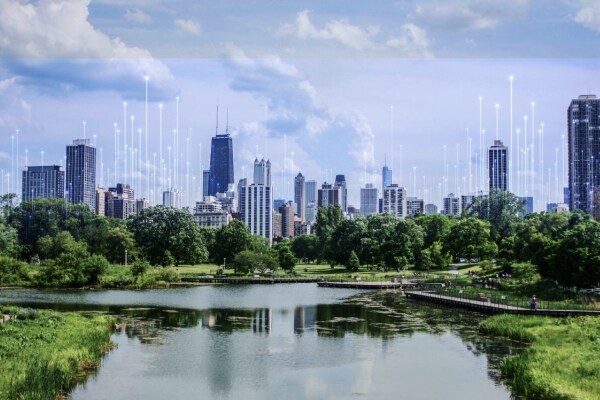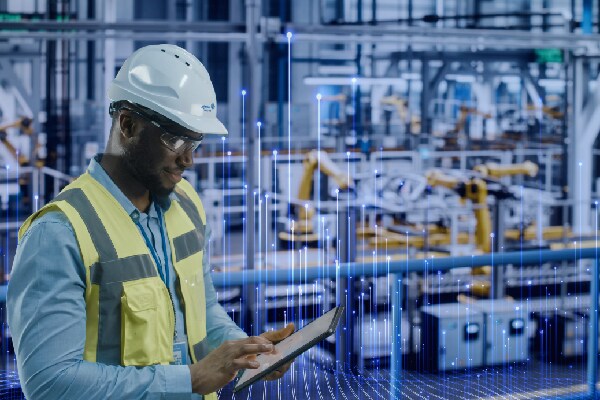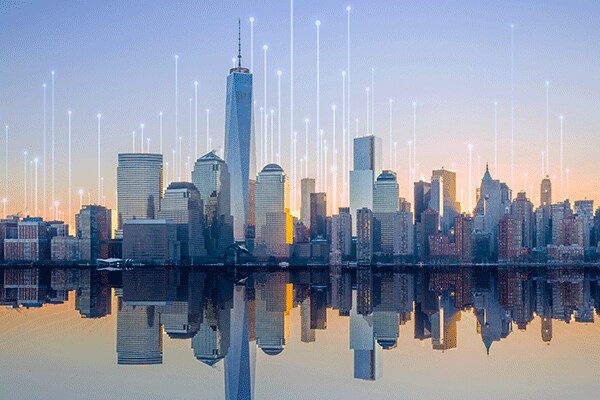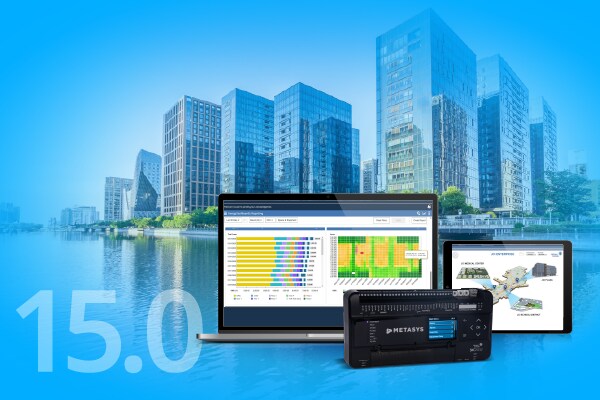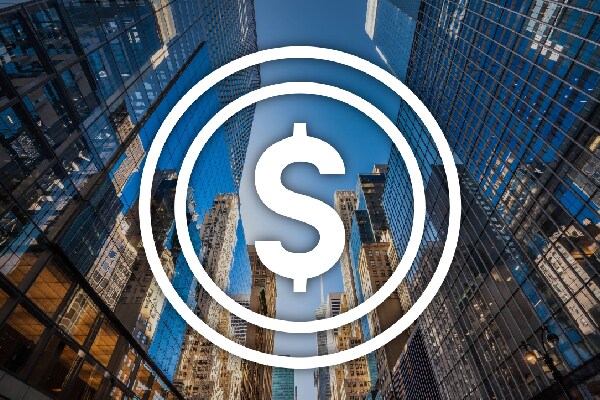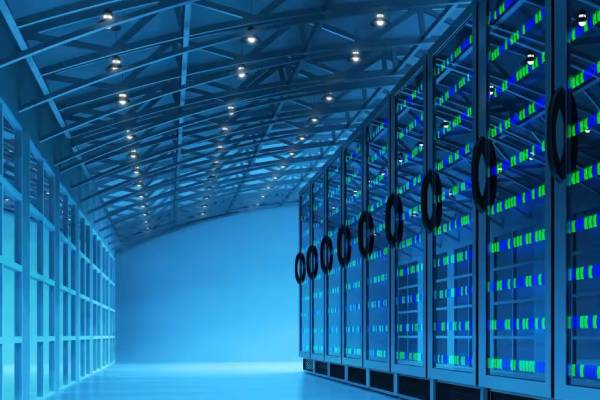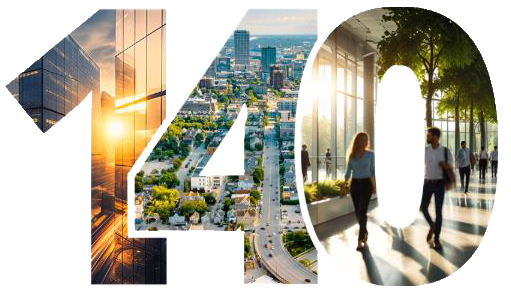- Johnson Controls
- Insights
- Our net zero future depends on digitalisation and ecosystem collaboration
Our net zero future depends on digitalisation and ecosystem collaboration
Enabled by Johnson Controls digital solution, command center experts gain real-time visibility into operations across each of the eight football stadiums in Doha during the 2022 World Cup
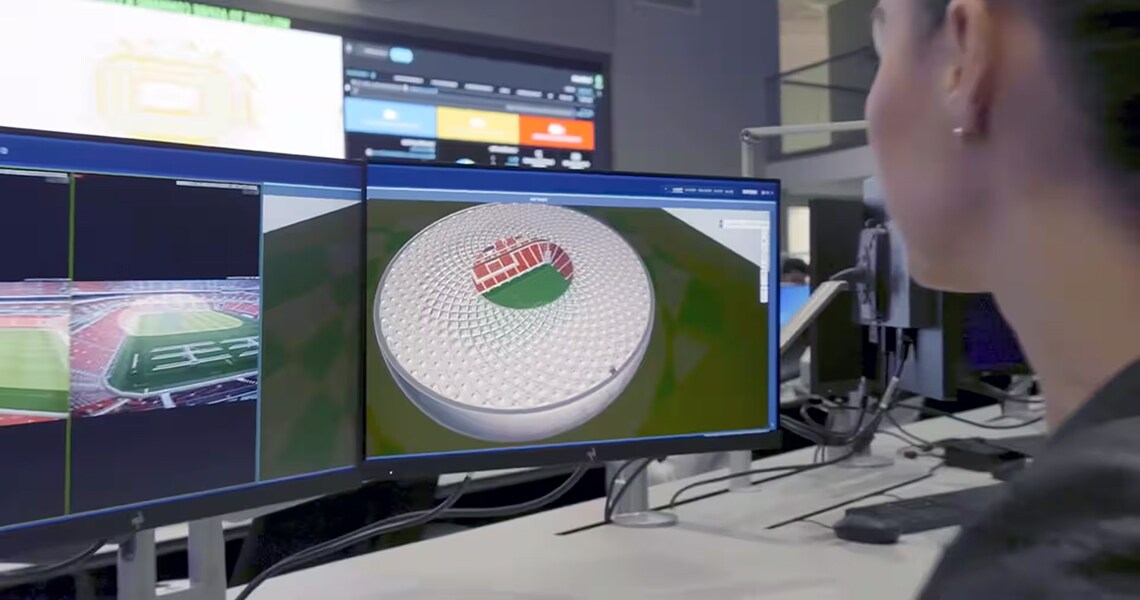
With climate crisis as the most pressing environmental challenge of our time, building owners face an expanding set of priorities that now includes reducing carbon emissions. Since buildings account for 40% of the world’s carbon emissions, there is no decarbonising the world without decarbonising buildings.
Technologies like high-efficiency heating, ventilation and air-conditioning (HVAC) systems, occupancy sensors and digital platforms are the real game-changers in our journey to decarbonise. In particular, digitalisation will help building owners gain real-time insight and control of how their buildings consume and expend energy, as well as enable the transformation of new and existing building stock into climate-friendly assets.
For instance, Johnson Controls’ suite of connected solutions, OpenBlue, helped transform the eight World Cup stadiums in Qatar into one connected digital space with real-time situational awareness and incident management at the recent 2022 World Cup. The command center experts gain real-time visibility into operations across the eight football stadiums in Doha. Leveraging artificial intelligence and cloud technology, each stadium has its own interactive 3D digital twin that gathers live data on all aspects of occupant safety, comfort and sustainability, allowing for dynamic predictions and fully flexible solutions for changing scenarios. This approach resolves incidents – such as how crowd size and weather changes might affect energy efficiency and playing conditions – significantly faster than a traditional solution.
Johnson Controls also recently enabled the Powerhouse Brattørkaia in Norway to become the first energy-positive commercial building. The building has an energy system that harvests twice the buildings’ annual energy consumption. The innovative solution works by drawing heating and cooling energy from the ocean to power buildings, electric buses, cars and boats through a local microgrid.
To accelerate the path to net zero for buildings, the OpenBlue Net Zero Buildings has been rolled out worldwide. Singapore is a strategic market where the Johnson Controls capital financing is first launched in Asia Pacific. This is part of our OpenBlue Net Zero Buildings as-a-Service offering, which is a fixed-fee model where Johnson Controls takes on the responsibility for upfront capital decisions, design and construction, and decarbonisation goal achievement and reporting.
Collaborate for Net-zero Future
Southeast Asia alone is expected to house 100 million more people[1] in its cities by 2030, and to do it in a sustainable manner. Awareness of environmental, social and governance metrics (ESG) is also driving the demand for a resilient and sustainable built environment in the region. It is a business imperative for the built environment industry to find ways to increase access to new technologies and initiatives that will generate a positive impact on our collective fight against climate change.
As a pioneering ESG practitioner, Johnson Controls is committed to cutting operational emissions by 55% and reducing customer emissions by 16% before 2030. By delivering products and services that save energy and reduced emissions in buildings, we are helping companies achieve their net-zero carbon goals.
We are also championing sustainability on multiple fronts and supporting initiatives aimed at addressing climate change. With our broad product portfolio and digital capabilities powered by OpenBlue, we are enabling building owners and property developers like Keppel Land to accelerate energy efficiency, reduce greenhouse gas emissions across the lifecycle of buildings and achieve sustainable urbanisation.
In 2022, we launched a new initiative targeting small and medium-sized enterprises (SMEs) to develop digital capabilities and the necessary skills to navigate their sustainable building transformations. Partnering with the Queen Bee Programme of SkillsFuture Singapore (SSG), the initiative is in line with Johnson Controls’ larger effort to build the ecosystem that is necessary to achieve super-low energy or net zero buildings.
We are not working alone on the journey toward a carbon-neutral era. Everyone has a part to play in reining the earth back from breaching 1.5 degree celsius temperature, which means a “rapid, deep and sustained reductions in global greenhouse gas emissions of 43% by 2030 relative to the 2019 level”.[2] Dedicated to forging global partnerships that increase the scale and speed of sustainable building transformation, Johnson Controls is galvanising an eco-community across the full value chain to create a safe, healthy and sustainable world.
[1] Source: “Sustainable Urbanisation: Decarbonising Southeast Asia's Built Environment. Singapore Economic Development Board. https://www.edb.gov.sg/en/business-insights/market-and-industry-reports/sustainable-urbanisation-decarbonising-sea-s-built-environment.html
[2] Source: https://unfccc.int/sites/default/files/resource/cop27_auv_2_cover decision.pdf. United Nations Framework Convention on Climate Change.
This article was first published on Built Environment Xpo (BEX) Asia

















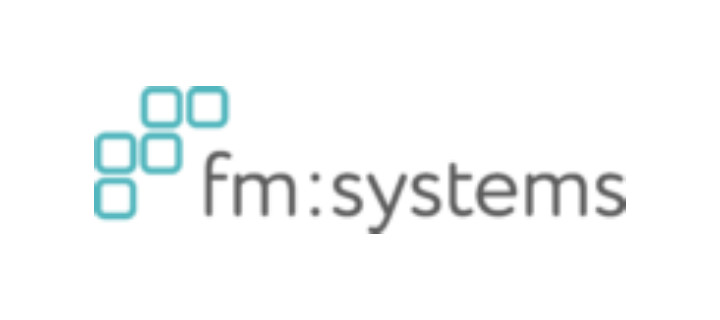





.jpg?la=en-SG&h=320&w=720&hash=8335BA7A0D096E90165B06350796126C)

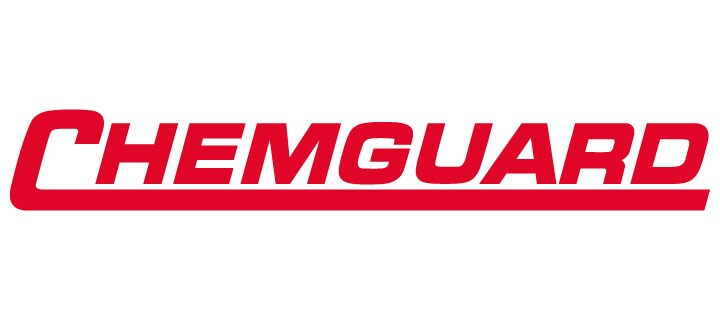
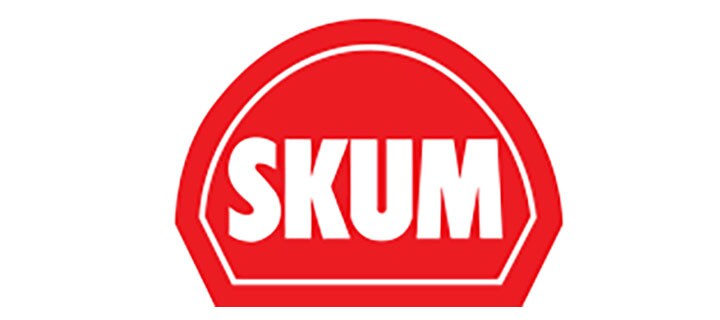
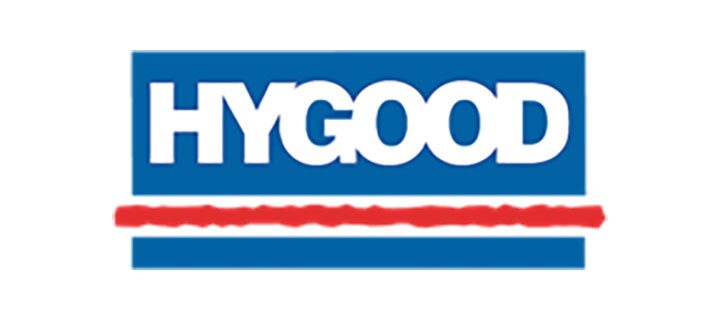

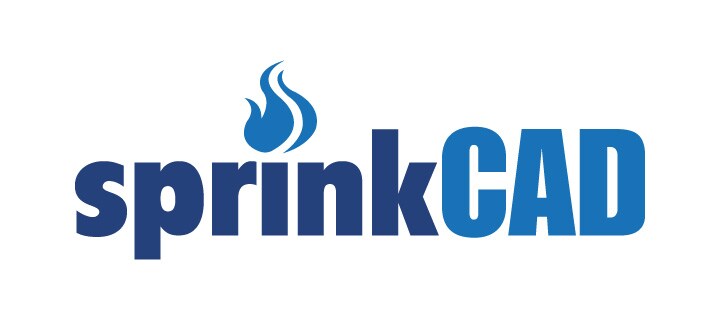
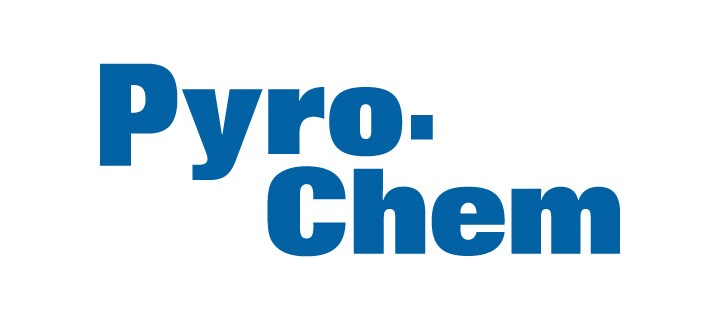




















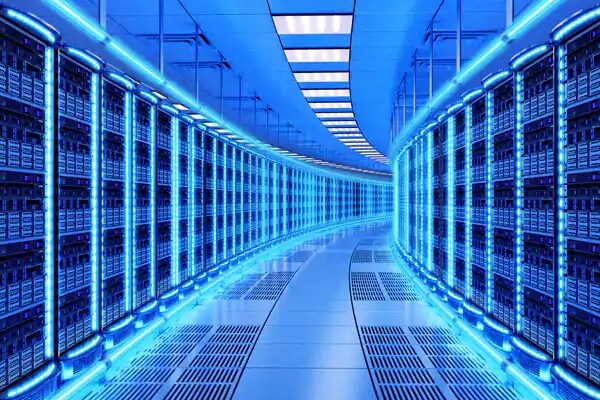
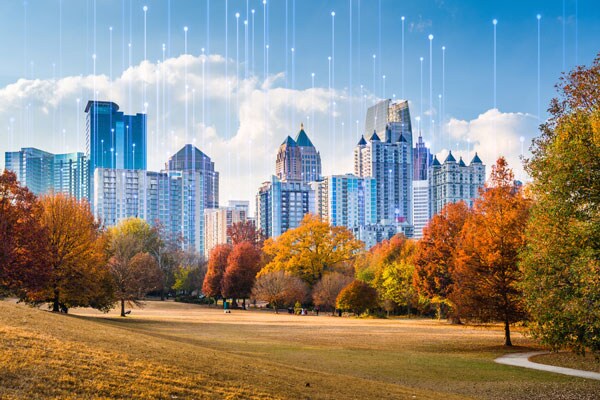
.png)
